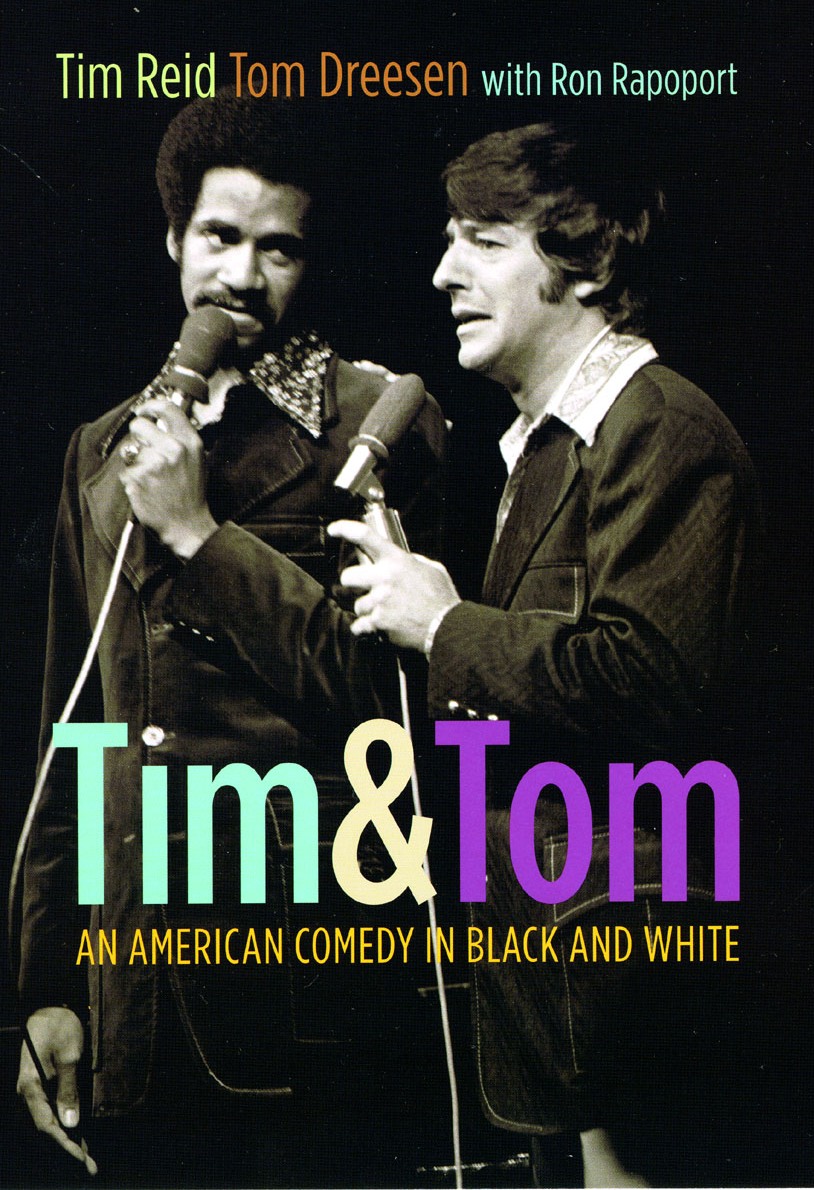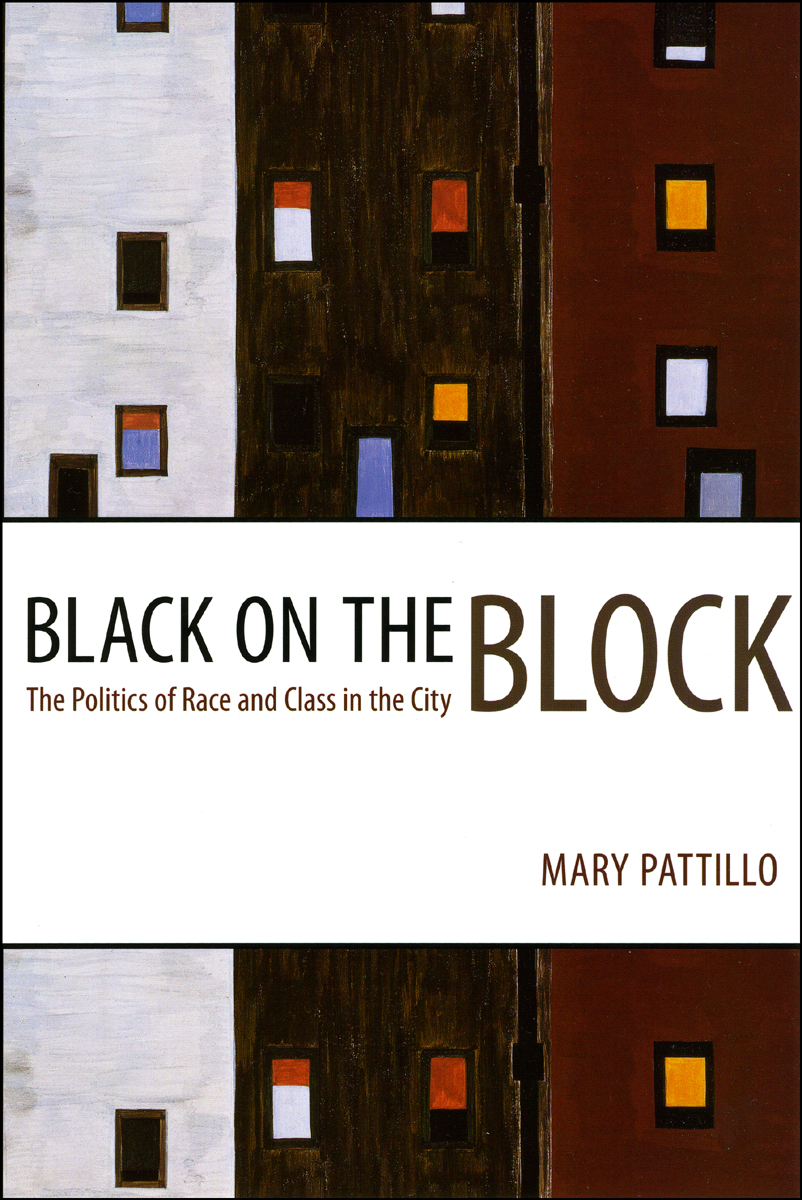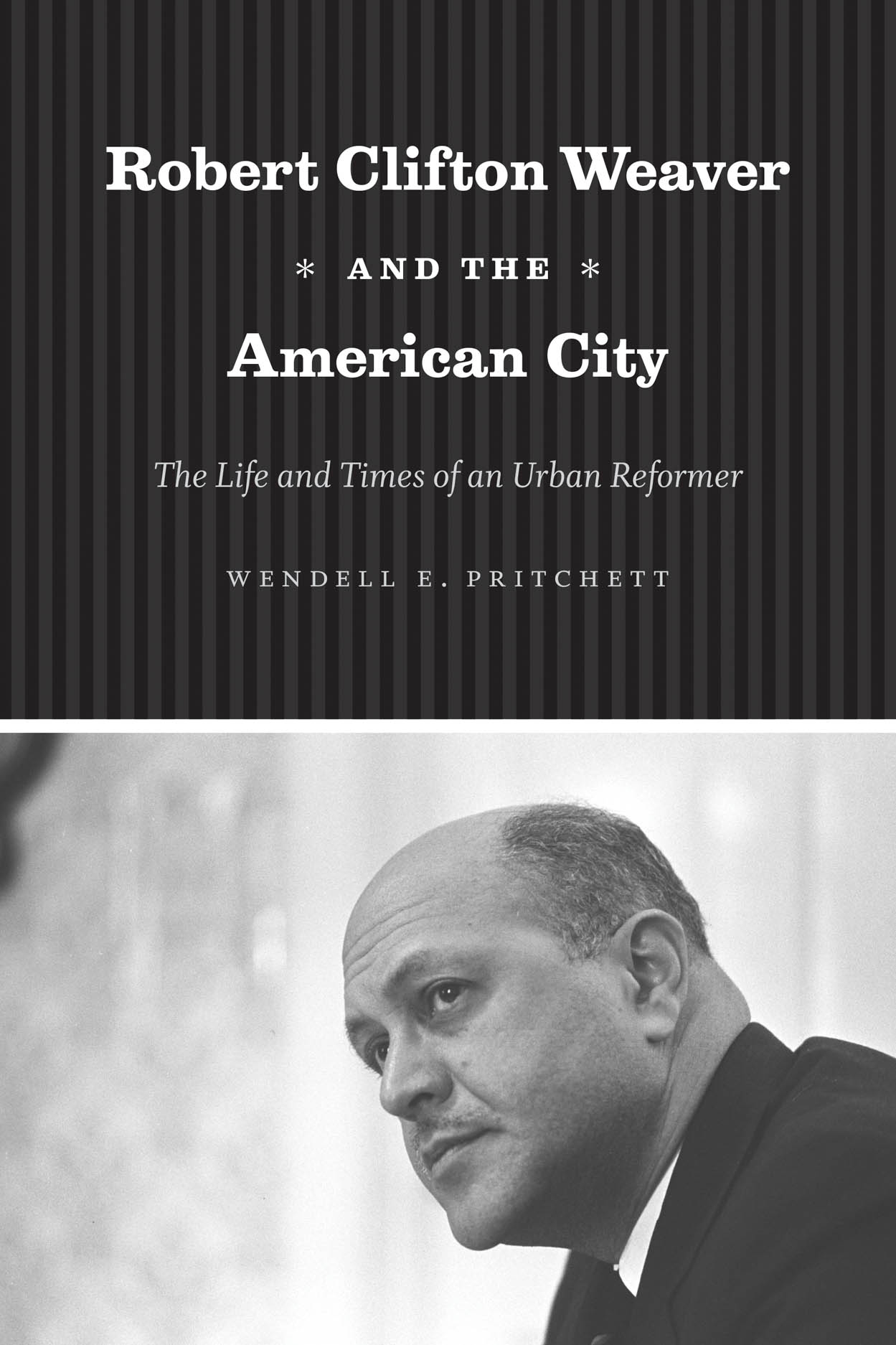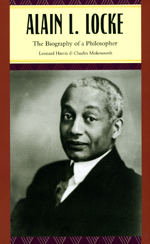A Reading List for Black History Month
February is Black History Month, and this year, with this first African-American President hard at work in the White House, the observance has added meaning. And, along with Obama’s inauguration, 2009 also marks the 100th anniversary of the founding of the NAACP. Despite some calls to end Black History Month, Todd Jealous, president and CEO of the NAACP, warns in USA Today, “We won’t be post-racial until we are post-racism.” With the struggles of the past and the glorious achievement of the present in mind, we offer a reading list for Black History Month.
 Tim Reid and Tom Dreesen with Ron Rapoport, Tim and Tom: An American Comedy in Black and White
Tim Reid and Tom Dreesen with Ron Rapoport, Tim and Tom: An American Comedy in Black and White
As the heady promise of the 1960s sagged under the weight of widespread violence, rioting, and racial unrest, two young men—one black and one white—took to stages across the nation to help Americans confront their racial divide: by laughing at it. Tim and Tom tells the story of that pioneering duo, the first interracial comedy team in the history of show business—and the last. Tim Reid and Tom Dreesen polished their act in the nightclubs of Chicago, then took it on the road, not only in the North, but in the still-simmering South as well, developing routines that even today remain surprisingly frank—and remarkably funny—about race. Most nights, the shock of seeing an integrated comedy team quickly dissipated in uproarious laughter, but on some occasions the audience’s confusion and discomfort led to racist heckling, threats, and even violence. Though Tim and Tom perpetually seemed on the verge of making it big throughout their five years together, they grudgingly came to realize that they were ahead of their time: America was not yet ready to laugh at its own failed promise. By turns revealing, shocking, and riotously funny, Tim and Tom unearths a largely forgotten chapter in the history of comedy and race.
Read an excerpt and visit the book’s website.
 Eddie S. Glaude Jr., In a Shade of Blue: Pragmatism and the Politics of Black America
Eddie S. Glaude Jr., In a Shade of Blue: Pragmatism and the Politics of Black America
In this provocative book, Eddie S. Glaude Jr., celebrated by Cornel West as “the towering public intellectual of his generation,” makes an impassioned plea for black America to address its social problems by recourse to experience and with an eye set on the promise and potential of the future, rather than the fixed ideas and categories of the past. Central to Glaude’s mission is a rehabilitation of philosopher John Dewey, whose ideas, he argues, can be fruitfully applied to a renewal of African American politics. In a Shade of Blue is a remarkable work of political commentary and to follow its trajectory is to learn how African Americans arrived at this critical moment in their cultural and political history and to envision where they might head in the twenty-first century.
Read an excerpt from the introduction here and check out all of Glaude’s books from the Press.
 Mary Pattillo, Black on the Block: The Politics of Race and Class in the City
Mary Pattillo, Black on the Block: The Politics of Race and Class in the City
There was a time when Chicago’s North Kenwood-Oakland neighborhood was plagued by gangs, drugs, violence, and the font of poverty from which they sprang. But in the late 1980s, activists rose up to tackle the social problems that had plagued the area for decades. Black on the Block tells the remarkable story of how these residents laid the groundwork for a revitalized and self-consciously black neighborhood that continues to flourish today. But theirs is not a tale of easy consensus and political unity, and here Mary Pattillo—a Newsweek Woman of the 21st Century—teases out the divergent class interests that have come to define black communities like North Kenwood-Oakland. She explores the often heated battles between haves and have-nots, home owners and apartment dwellers, and newcomers and old-timers as they clash over the social implications of gentrification. Along the way, Pattillo highlights the conflicted but crucial role that middle-class blacks play in transforming such districts as they negotiate between established centers of white economic and political power and the needs of their less fortunate black neighbors.
Read an excerpt and take a look at Pattillo’s Black Picket Fences: Privilege and Peril among the Black Middle Class.
 Wendell E. Pritchett, Robert Clifton Weaver and the American City: The Life and Times of an Urban Reformer
Wendell E. Pritchett, Robert Clifton Weaver and the American City: The Life and Times of an Urban Reformer
From his role as FDR’s “negro advisor” to his appointment, under Lyndon Johnson, as the first secretary of Housing and Urban Development, Robert Clifton Weaver was one of the most influential domestic policy makers and civil rights advocates of the twentieth century. This volume, the first biography of the first African American to hold a cabinet position in the federal government, rescues from obscurity the story of a man whose legacy continues to impact American race relations and the cities in which they largely play out. Tracing Weaver’s career through the creation, expansion, and contraction of New Deal liberalism, Wendell Pritchett illuminates his instrumental role in the birth of almost every urban initiative of the period, from public housing and urban renewal to affirmative action and rent control. Beyond these policy achievements, Weaver also founded racial liberalism, a new approach to race relations that propelled him through a series of high-level positions in public and private agencies working to promote racial cooperation in American cities. But Pritchett shows that despite Weaver’s efforts to make race irrelevant, white and black Americans continued to call on him to mediate between the races—a position that grew increasingly untenable as Weaver remained caught between the white power structure to which he pledged his allegiance and the African Americans whose lives he devoted his career to improving.
Read an excerpt and check out Wendell Pritchett’s Brownsville, Brooklyn:Blacks, Jews, and the Changing Face of the Ghetto
 Leonard Harris and Charles Molesworth, Alain L. Locke: The Biography of a Philosopher
Leonard Harris and Charles Molesworth, Alain L. Locke: The Biography of a Philosopher
Alain L. Locke (1886-1954), in his famous 1925 anthology The New Negro, declared that “the pulse of the Negro world has begun to beat in Harlem.” Often called the father of the Harlem Renaissance, Locke had his finger directly on that pulse, promoting, influencing, and sparring with such figures as Langston Hughes, Zora Neale Hurston, Jacob Lawrence, Richmond Barthé, William Grant Still, Booker T. Washington, W. E. B. Du Bois, Ralph Bunche, and John Dewey. The long-awaited first biography of this extraordinarily gifted philosopher and writer, Alain L. Locke narrates the untold story of his profound impact on twentieth-century America’s cultural and intellectual life. Leonard Harris and Charles Molesworth trace this story through Locke’s Philadelphia upbringing, his undergraduate years at Harvard—where William James helped spark his influential engagement with pragmatism—and his tenure as the first African American Rhodes Scholar. The multifaceted portrait that emerges from this engaging account effectively reclaims Locke’s rightful place in the pantheon of America’s most important minds.
For more, check out all the Press’s books on African American and black studies.